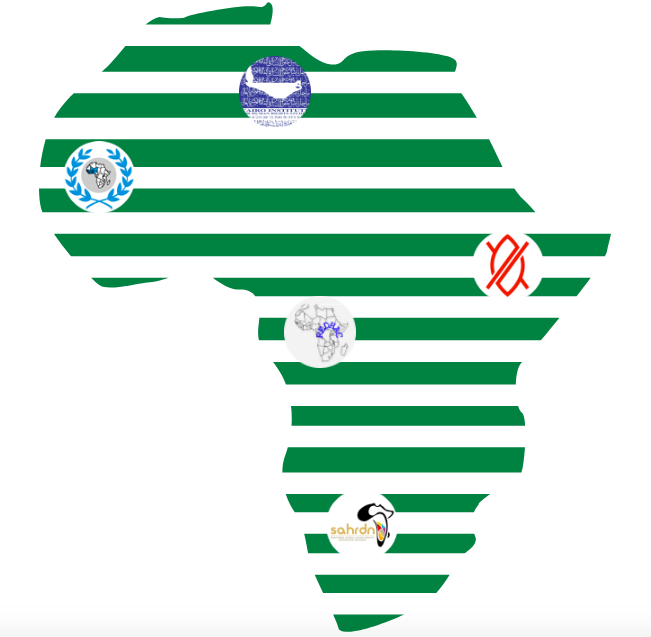AfricanDefenders and DefendDefenders welcome the report of the Working Group.
2021 has been another grim year for environmental human rights defenders working across Africa. Their work is paramount to monitor, document, and report on business-related human rights and environmental abuses and to seek justice and redress for the communities affected. Yet, all too often, their efforts are met with surveillance, intimidation, judicial harassment, arbitrary detentions, death threats and tragically sometimes, extrajudicial killings, like we have witnessed again recently.
In 2020, the Democratic Republic of Congo recorded the highest number of African environmental defenders to have been killed. Their situation in the country, especially in South Kivu and Bas and Haut Uele remains of particular concern. Some of them, who are acting to hold accountable those involved in illegal logging, mining and poaching have been facing judicial harassment from state actors and threats and violence from non-state armed groups.
On 15 July 2021, Kenyan environmentalist Ms. Joanna Stutchbury, known for her relentless efforts to protect Kiambu forest from encroachment, was shot dead by unidentified gunmen in her home in Thindigua, Kiambu County, Kenya.
In May 2021, civil society across Southern Africa raised concerns over the Canadian company ReconAfrica’s failure to conduct sufficient environmental and human rights impact assessment and due diligence ahead of oil and gas exploratory drilling activities in the Kavango Basin, Namibia. These activities have taken place without adequate consultations with, and free, prior and informed consent of, the affected communities, including San indigenous communities.
Honourable Chairperson,
It is unforgivable that extractive industries make profit at the expense of the health and human rights of surrounding communities. We also condemn the decision of Uganda’s NGO Bureau, the country’s regulatory authority for NGOS to suspend 54 NGOs, including some working on accountability and transparency in the oil sector, in a climate of intensifying intimidation of and fear of reprisals against civil society.
Honourable Chairperson,
We deplore that the discussion initiated by the African Union to adopt a Policy Framework on Human Rights and Business has reached a stalemate.
Recalling the State Reporting Guidelines on the Contents of the Rights and Obligations under Articles 21 and 24 of the African Charter, we urge this Commission to call on state parties to meet their obligations and ensure that business operations are continuously carried out in full compliance with the African Charter and internationally accepted human rights, including the UN Guiding Principles on Business and Human Rights, including in conflict areas.
We also encourage more African states to adhere to the Extractive Industries Transparency Initiative (EITI) Standard to promote the open and accountable management of oil, gas and mineral resources, alongside the twenty-five countries of the continent which have already done so.
Keeping up with the momentum created at COP26, at this session, at minimum, the Commission should adopt a resolution that ensures:
(i) continued independent documentation of violations, monitoring of, and reporting on the human rights situation of communities affected by business operations; and
(ii) formulate recommendations on appropriate measures for the prevention and reparation of violations of environmental and human and peoples’ rights by business operations, in particular extractive industries, in Africa.
Thank you for your attention.

